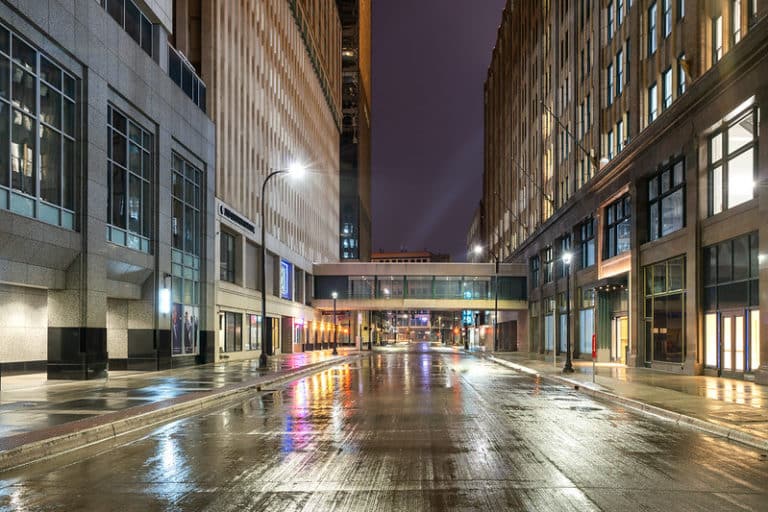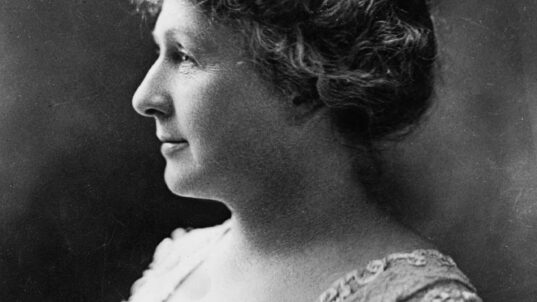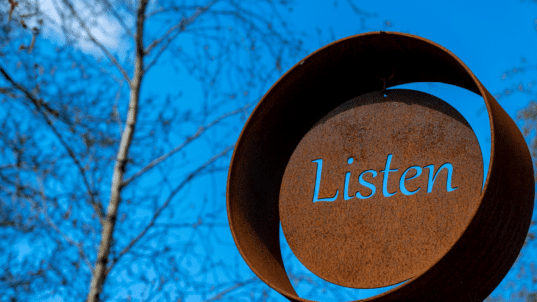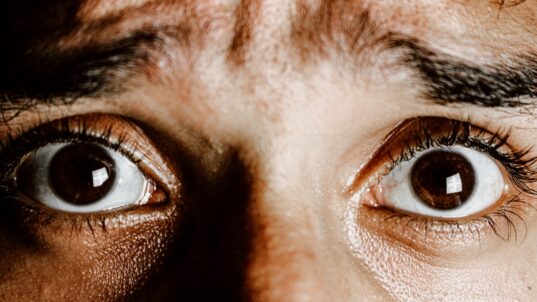It was 1665, and London was virtually shut down due to the Great Plague. Cambridge University sent its students home to study alone. One of those students, Isaac Newton, used his time to pioneer work in what we now call calculus. He also developed his theory of gravitation. When the plague subsided and Newton returned to Cambridge, the world as it was known at the time would fundamentally change.
Disruptions can vary in scope by geography, by business sectors, or even on a personal level. They are often accompanied by a realization that fundamental change is about to occur. While disruptions can be frightening or demoralizing, they don’t have to be negative in the long run.
How do we cope with disruptions? One way is through personal reflection. Disruptions give us an opportunity to think about the past especially what worked well for us and what we want to avoid in the new reality we face.
Disruptions give us an opportunity to change course. Disruptions may result in new career paths, new life styles, new relationships, or a new sense of what is vitally important to us. In effect, disruptions give us an excuse to do things we may have dreamed about but were afraid to try.
Disruptions can spur innovation. Since our former ways of doing things are no longer possible, we need to invent new ways of doing what remains important to us. These new ways often result in permanent ways of doing things after the disruption has passed.
Disruptions often result in more efficient ways of living. We realize that so much of our life style is not that necessary. We also become more self-sufficient and less reliant on others to meet our needs.
Finally, disruptions can change who we are as people. Our values shift to those that are much more meaningful. We have a greater appreciation of the loved ones for being in our lives. We are kinder and more caring. Our faith in society is renewed as we see countless acts of genuine kindness.
But disruptions also pose many questions. How can we help each other have faith that things will be better after the disruption? How do we pivot from fear to thinking of possibilities? How do we prepare ourselves for an unfolding future that will very likely be different from the past? How do we remain hopeful when hope seems to be in short supply?
***
When the disruption has run its course, each of us may look back and be thankful for the transformation that the disruption made in society and in ourselves.




